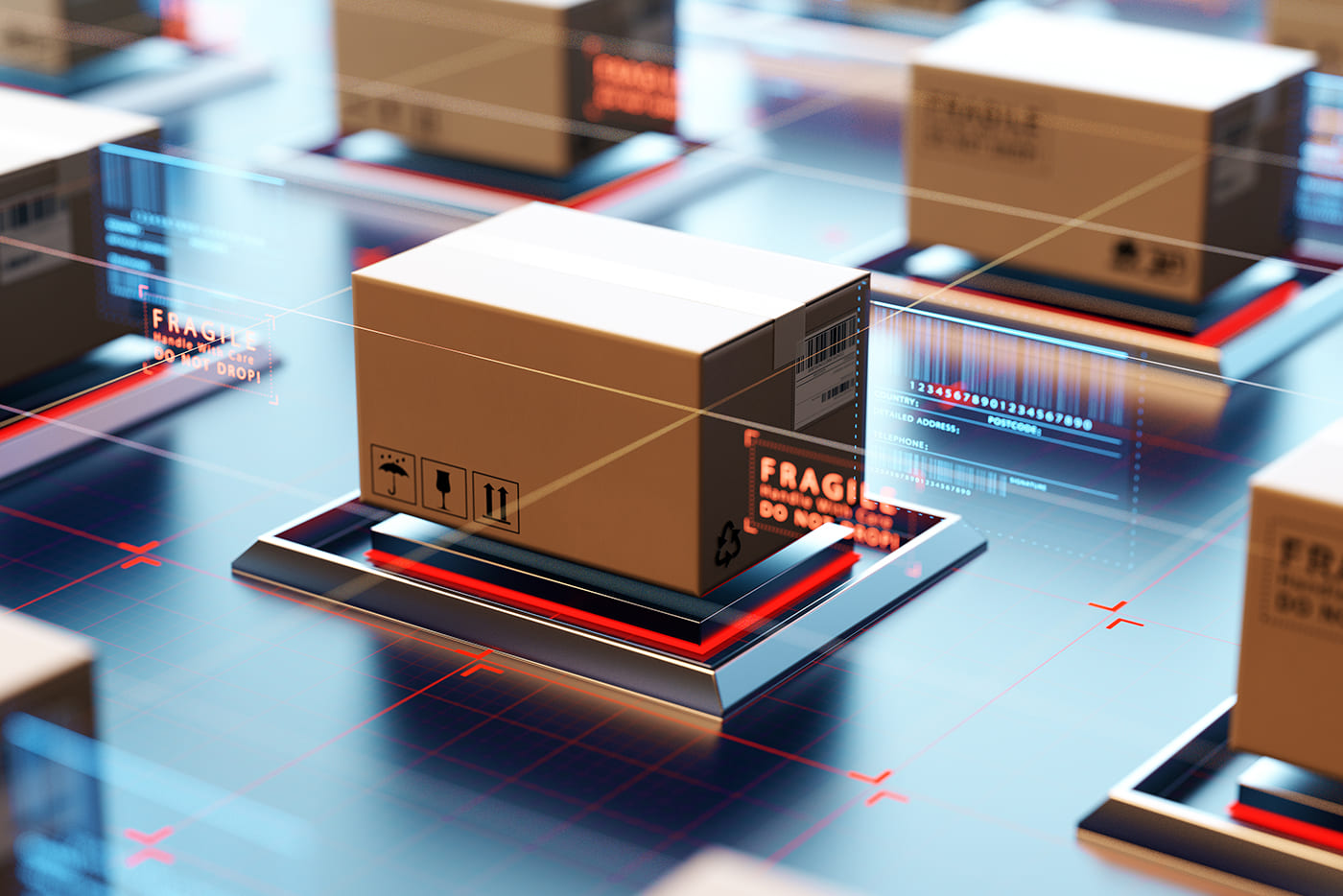The 10 Best Direct-to-Consumer Business Model Examples
15 March 2022
These days, brands are cutting out the middleman by selling directly to the consumer. Why is this trend so popular, and what are some of the best examples of brands that are making the DTC model work?
Do you remember the waves Warby Parker created in the eyewear marketplace in 2010, when they started selling glasses directly to consumers online?
Or how about when the founders of Dollar Shave Club got together to express their frustration about the high cost of razor blades and decided to launch a company that sold affordable blades straight to online customers?

Both of these companies are connecting directly with their customers online as part of the growing direct-to-consumer (DTC) trend.
Let's examine what this growing trend is about and talk about some of the best examples of brands that are building successful DTC customer experiences.
What Is the Direct-to-Consumer Trend?
The direct-to-consumer trend, also known as disintermediation, means businesses are bypassing traditional intermediaries in the supply chain and connecting directly with end consumers. Retailers, wholesalers, distributors, and advertisers are skipped over as brands bypass the "middlemen.”
DTC channels aren’t new – after all, farmers’ markets have been around seemingly forever – but now there are huge numbers of companies in a wide variety of sectors embracing the DTC trend.
Not only are new businesses cropping up specifically to sell to consumers, established brands like L'Oreal and Disney are also starting to sell their products directly to customers.
Why is this trend happening now? Now more than ever – especially post-COVID – customers are heading online to purchase everything from groceries to clothes to travel and vacations. That means it’s easier for companies to eliminate the intermediary businesses that have previously facilitated the customer journey.
Top 10 DTC Examples
Let’s look at some of my favorite examples of brands that are building strong DTC channels.
- Tesla: Today, you can skip the dealership and buy a Tesla directly online. As other car companies look to follow suit, large vehicle retailers that sell via showrooms are already looking at how this trend is threatening their business model.
- Warby Parker: Warby Parker not only offers consumers the opportunity to buy glasses online, but they also took their DTC game to the next level by introducing a virtual try-on solution using augmented reality apps.
- Gymshark: This fitness and accessories brand got its start as a one-man operation and is now one of the fastest-growing businesses in the UK.
- My Green Mattress: My Green Mattress handcrafts organic, all-natural mattresses and sells them from their website.
- Rent the Runway: Rent the Runway is a DTC platform that allows customers to rent, subscribe, or buy designer accessories and apparel.
- Allbirds: New Zealand-American company Allbirds sells eco-friendly footwear and apparel. Their first shoe, the Wool Runner, was made from New Zealand superfine merino wool.
- Away: Away’s founders started their company in 2015 with the goal of creating and selling the perfect suitcase. Now they sell a wide range of luggage and travel accessories.
- BarkBox: This company combines the DTC and servitization trends, providing dog treats and toys as a subscription service. Subscribers get a prepacked, themed box of goodies every month.
- L’Oreal: This makeup and skincare giant is taking back control of customer interactions from retailers (and building revenue at the same time) by beefing up its direct e-commerce channels. The company's tech incubator has created innovations like Perso, a smart device that lets customers customize their own foundations, lipsticks, and skincare formulas at home.
- Disney: Yes, even Mickey has gone DTC. Disney’s content streaming platform, Disney+, distributes content directly to viewers across the world.
A survey by Diffusion indicated that 81% of American consumers said they planned to buy from a DTC brand by 2023. Whether you’re a product or a service business, an intermediary or a supplier, you can be sure the growing DTC model will impact your business – so it’s a trend to watch.
Related Articles
The Important Difference Between Agentic AI And AI Agents
By now, “smart” versions exist of just about every home appliance, gadget and gizmos we can think of. However, manufacturers continue[...]
Why Trust Is The Missing Ingredient In Your AI Strategy
By now, “smart” versions exist of just about every home appliance, gadget and gizmos we can think of. However, manufacturers continue[...]
Forget ChatGPT: Why Agentic AI Is The Next Big Retail Disruption
By now, “smart” versions exist of just about every home appliance, gadget and gizmos we can think of. However, manufacturers continue[...]
OpenAI’s GPT-5 Is Coming: Here’s What We Know So Far
By now, “smart” versions exist of just about every home appliance, gadget and gizmos we can think of. However, manufacturers continue[...]
6 Powerful AI Prompts That Will Help You Learn And Ace Exams (Without Cheating)
By now, “smart” versions exist of just about every home appliance, gadget and gizmos we can think of. However, manufacturers continue[...]
5 Fatal GenAI Mistakes That Could Destroy Your Business In 2025
By now, “smart” versions exist of just about every home appliance, gadget and gizmos we can think of. However, manufacturers continue[...]
Sign up to Stay in Touch!
Bernard Marr is a world-renowned futurist, influencer and thought leader in the fields of business and technology, with a passion for using technology for the good of humanity.
He is a best-selling author of over 20 books, writes a regular column for Forbes and advises and coaches many of the world’s best-known organisations.
He has a combined following of 4 million people across his social media channels and newsletters and was ranked by LinkedIn as one of the top 5 business influencers in the world.
Bernard’s latest book is ‘Generative AI in Practice’.










Social Media